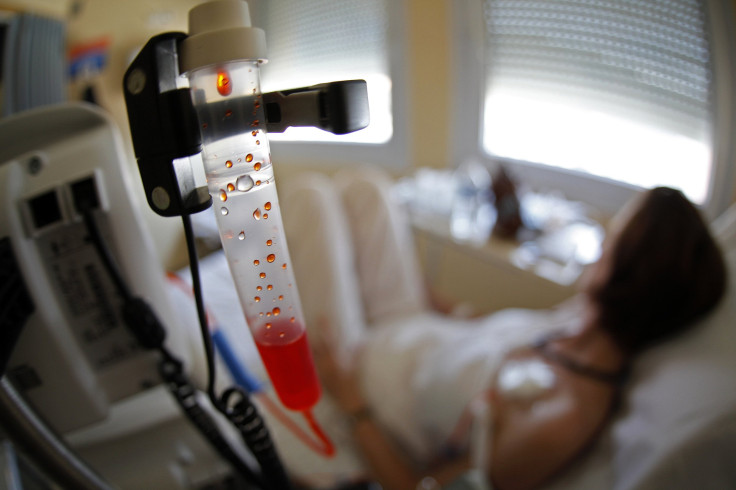Blood test detects breast cancer patient’s resistance to hormone treatment

Scientists have developed a highly sensitive blood test to identify when breast cancers become resistant to standard hormone treatment.
A team of researchers from The Institute of Cancer Research in London and The Royal Marsden NHS Foundation Trust have found that the blood test could give an early warning of resistance to aromatase inhibitors, which are used to treat women with the most kind of breast cancer, oestrogen receptor-positive or ER.
Detecting mutations in this gene from cancer DNA in the bloodstream could allow doctors to rapidly identify patients that are no longer benefiting from treatment and switch them to an alternative drug, according to the scientists.
For the study published in the journal Science Translational Medicine, the researchers initially took blood samples from 171 women with ER-positive breast cancer and then validated their results in three independent groups of patients. They discovered that ESR1 mutations could be detected by an ultra-sensitive method known as multiplexed digital PCR analysis, which can read the genetic code of tiny amounts of DNA released by tumours.
The blood test was also able to detect DNA errors as sensitively as tumour biopsies, with 97 percent matching between the two methods. According to the team, their findings could remove the need for such an invasive procedure in the future.
The researchers found that once ESR1 mutations are detected, mutated cancer cells multiply and become the dominant type in the body. This could drive the disease to become more aggressive and progress rapidly. Breast cancers with ESR1 mutations were three times more likely to progress than those without, the team said.
“Looking for cancer DNA in the blood allows us to analyse the genetic changes in cancer cells without the need for invasive biopsies. Our study demonstrates how these so-called liquid biopsies can be used to track the progress of treatment in the most common type of breast cancer,” said the study’s lead, Dr Nicholas Turner.
Turner also noted that the test could give doctors an early warning of treatment failure and help select the most appropriate treatment for women with advanced cancer as clinical trials of drugs that target ESR1 mutations are developed.
“We are in a new era of personalised cancer medicine, and liquid biopsies offer the hope that treatment can be monitored and adapted according to the evolution of an individual patient's cancer,” said Professor Paul Workman, chief executive of The Institute of Cancer Research.
According to Cancer Council Australia, breast cancer is the most common in women in the country and the second most common cancer to cause death in women, after lung cancer.
Contact the writer at feedback@ibtimes.com.au or tell us what you think below.




















